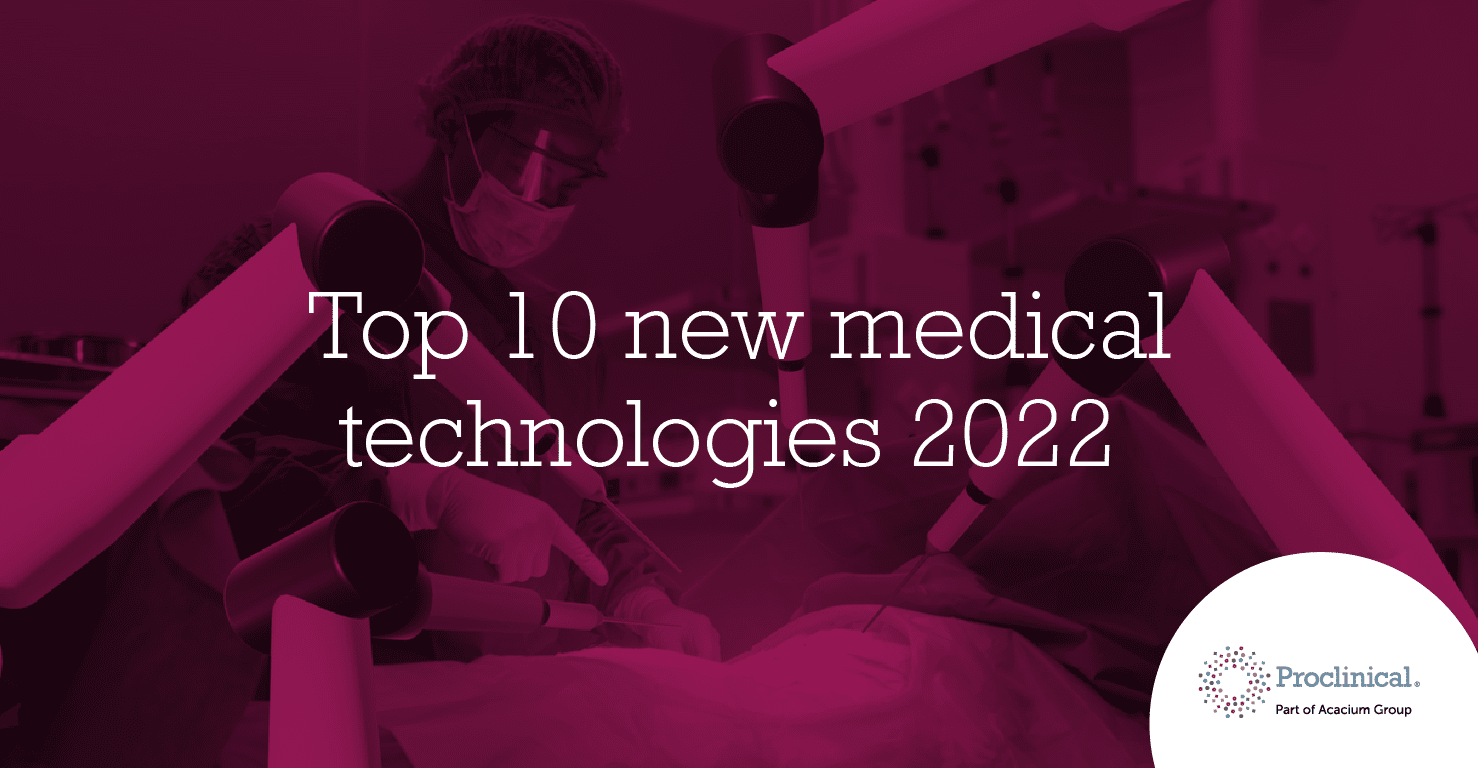Technology is revolutionizing the healthcare industry, transforming traditional models of care and creating a more accessible, connected, and patient-centered system. Telemedicine and virtual consultations have minimized the barriers to care, improving access to medical professionals, saving time and money, and increasing patient safety. Wearable technology has given doctors and patients access to vital real-time data, while electronic health records have replaced the traditional paper medical records, minimizing the need for physical records. Artificial intelligence has transformed healthcare by predicting disease outbreaks and identifying potential health risks. 3D printing, robots, mobile apps, blockchain, nanotechnology, and augmented and virtual reality are only some of the technologies that are driving this transformation. The healthcare industry needs to keep pace with these advances to ensure the best possible patient outcomes while keeping costs down.
10 Revolutionary Ways Technology is Changing the Healthcare Industry
1. Telemedicine and Virtual Consultations
One of the most significant ways technology is changing healthcare is through telemedicine and virtual consultations. With the advancement of technology, patients can now see their doctors virtually via video conferencing from the comfort of their homes. This approach has helped to reduce barriers to care, improve access to medical professionals, save time and money, and increase patient safety.
2. Wearable Technology
Wearable technology has transformed the healthcare industry by giving medical professionals and patients alike access to real-time data. Wearable technology such as fitness trackers can monitor vital functions such as heart rate, blood pressure, and sleep patterns. This technology has been invaluable in helping individuals manage chronic diseases such as diabetes, hypertension, and heart disease.
3. Electronic Health Records
Electronic health records have replaced the traditional paper medical records; this technology helps healthcare providers store and share patient healthcare information electronically, minimizing the need for physical records. This means that a medical professional can access a patient’s record from anywhere, which saves time, reduces errors, and improves the quality of care for patients.
4. Artificial Intelligence
Artificial intelligence (AI) has transformed the healthcare industry through its ability to rapidly analyze large amounts of patient data. This technology has been used to predict disease outbreaks, optimize treatment regimens, and identify potential health risks.
5. 3D Printing
3D printing has revolutionized the healthcare industry by allowing doctors to create customized medical devices, implants, and prosthetics. This technology has been invaluable in improving patient wellbeing and in developing new medical devices.
6. Robots
Robots have become a key component of modern healthcare by performing surgical procedures, delivering medicine, and providing patient care. This technology has been invaluable in improving patient outcomes and reducing the need for manual labor.
7. Mobile Apps
Mobile apps have had a significant impact on healthcare by empowering patients to take control of their health. These apps educate users about healthy living, remind them to take medication or appointments, track vital signs, and provide a platform to communicate with healthcare providers.
8. Blockchain
Blockchain has transformed the healthcare industry by providing a secure platform for sharing patient information. This technology ensures that patient data is tamper-proof and enables patients to retain full control over their own data.
9. Nanotechnology
Nanotechnology has transformed health care by allowing us to develop new tools to fight disease on a molecular level. Scientists are now able to create new and more specific drugs, using nano-sized particles to target cancer cells.
10. Augmented Reality and Virtual Reality
Augmented and virtual reality have revolutionized healthcare by enabling medical professionals to perform complex procedures with more accuracy and precision. This technology has been invaluable in medical training and has saved countless lives by providing medical professionals with enhanced visualization tools.
In conclusion, technology is having a transformative effect on the healthcare industry, disrupting traditional models of care and creating a more connected, accessible, and patient-centered system. The above technologies, including telemedicine, wearables, AI, 3D printing, robots, mobile apps, blockchain, nanotechnology, and augmented and virtual reality, are only some of the innovations that are driving this transformation. Now, the healthcare industry needs to keep pace with these advances to ensure that we continue to deliver the best possible patient outcomes while keeping costs down.
